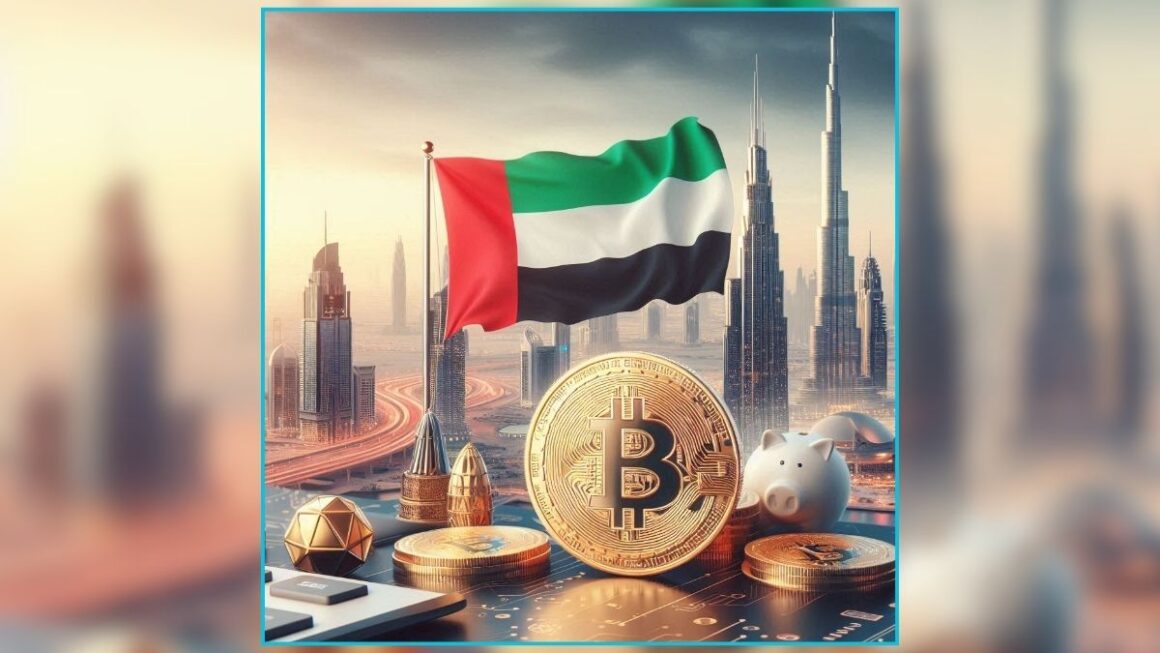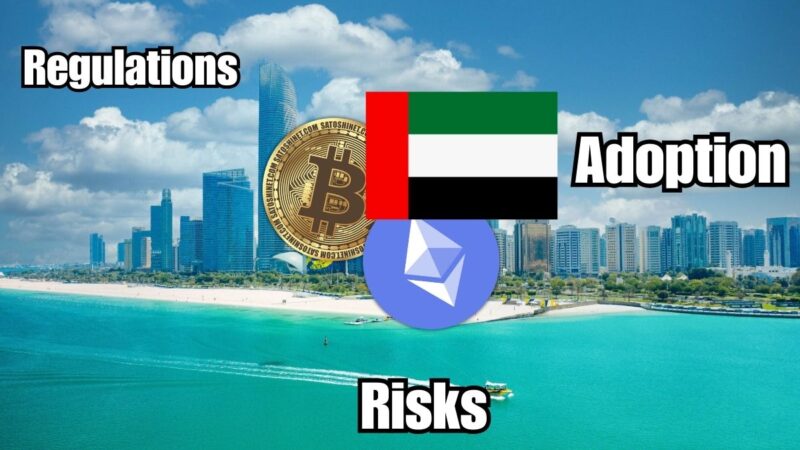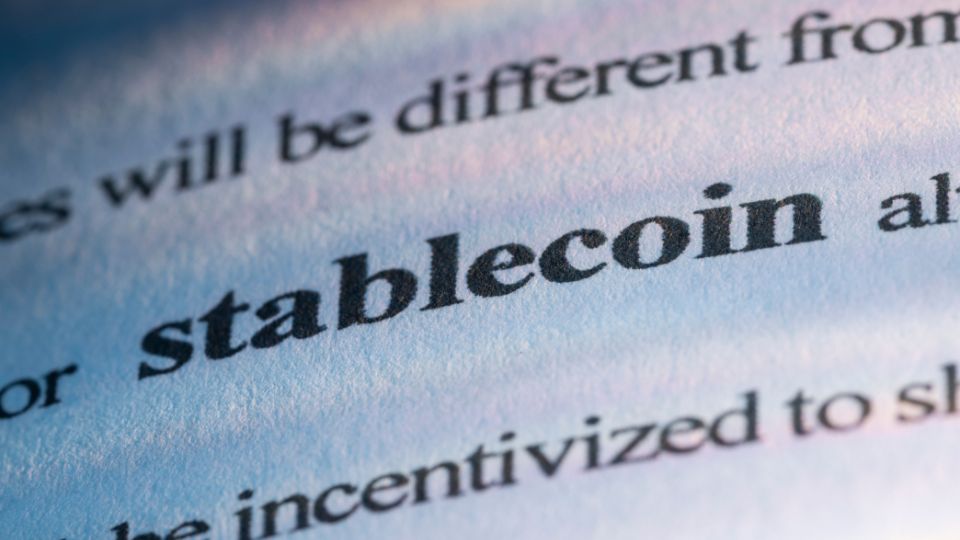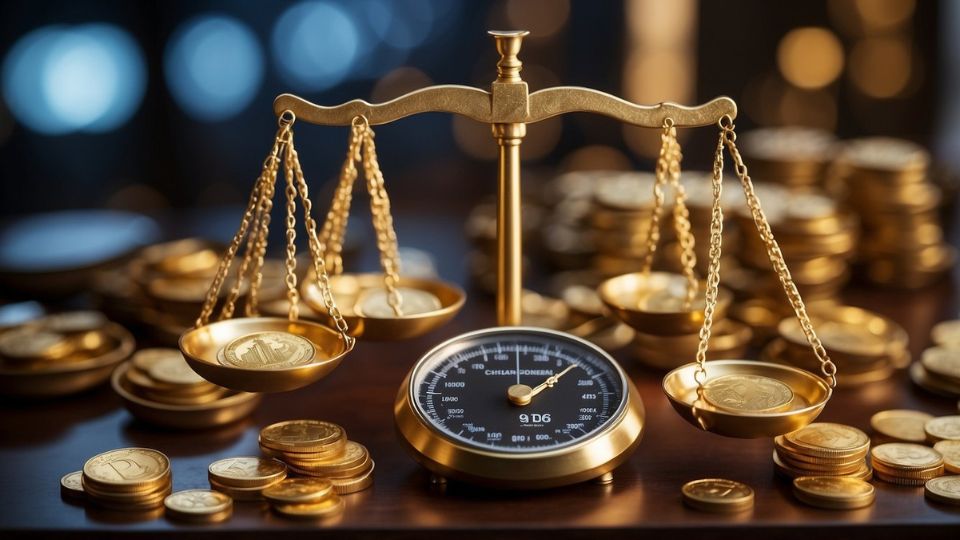Crypto in the UAE has been a hot topic for people interested in how the Middle East has achieved impressive economic growth and projection in the last few years.
The United Arab Emirates (UAE) has emerged as a hub for cryptocurrency adoption and innovation in the Middle East. With its business-friendly environment and forward-thinking regulatory approach, the UAE has attracted numerous cryptocurrency exchanges, investors, and entrepreneurs over the years.
However, like any other country, the UAE is not immune to the risks associated with cryptocurrency, including scams and fraudulent activities. In this article, we delve into the legal and regulatory landscape governing virtual assets, such as cryptocurrencies, within the UAE.

Crypto in the UAE: Regulations
In 2020, the UAE introduced a regulatory framework for cryptocurrency, which provides clarity and guidelines for businesses operating in the sector. The Securities and Commodities Authority (SCA) is the primary regulator of crypto in the UAE, and it has established rules for initial coin offerings (ICOs), cryptocurrency exchanges, and other related activities.
The SCA requires cryptocurrency exchanges to obtain a license before operating in the UAE. This license ensures that exchanges meet certain standards, such as anti-money laundering (AML) and know-your-customer (KYC) requirements.
Dubai has established the Virtual Asset Regulatory Authority (VARA) to regulate crypto activities. All entities offering crypto services must obtain relevant licenses. The Financial Services Regulatory Authority (FSRA) in the Abu Dhabi Global Market (ADGM) zone provides detailed guidelines for crypto asset activities.
Cryptocurrencies are not recognized as legal tender, but trading on exchanges is permitted. There are no specific taxes for crypto in the UAE.
Adoption
The UAE has seen significant adoption of cryptocurrency in recent years. Several cryptocurrency exchanges, including Binance, Kraken, and BitOasis, have set up operations in the country. Additionally, many businesses in the United Arab Emirates now accept cryptocurrency as a form of payment.
The UAE government has also explored the use of blockchain technology, the underlying technology behind cryptocurrency, for various applications, such as supply chain management, voting systems, and improvement of healthcare quality.
Here are some key points about the adoption of crypto in the UAE:
- High Adoption Rates: Approximately 27% of the United Arab Emirates’s population is involved in cryptocurrency activities. This high adoption rate is supported by the government’s favorable regulatory environment mentioned above.
- Supply Chain Management: Blockchain technology is being used to enhance transparency and efficiency in supply chains. By providing a decentralized and immutable ledger, blockchain ensures that all transactions are recorded accurately and can be traced back to their origin. This helps in reducing fraud, improving inventory management, and ensuring the authenticity of products.
- Voting Systems: The UAE has also explored the use of blockchain for secure and transparent voting systems. Blockchain can provide a tamper-proof record of votes, ensuring that the election process is fair and transparent. This technology can help in preventing electoral fraud and increasing voter confidence in the system.
- Diverse Use Cases: Cryptocurrencies are being used across various sectors, including telecom and gaming. This widespread use is a testament to the UAE’s strategic push towards integrating digital currencies into everyday life.
- Regulatory Framework: The United Arab Emirates has established comprehensive regulations to govern the use of cryptocurrencies. Dubai’s Virtual Asset Regulatory Authority (VARA) and Abu Dhabi’s Financial Services Regulatory Authority (FSRA) are key players in this space.
- Global Leadership: The UAE is recognized as a global leader in cryptocurrency adoption, with significant investments in blockchain technology and digital assets.
- Government Services: The UAE has launched several initiatives to integrate blockchain into government services. For example, the Dubai Blockchain Strategy aims to make Dubai the first city fully powered by blockchain. This includes using blockchain for document verification, property transactions, and more.
- Healthcare: Blockchain is being used to improve the healthcare sector by providing secure and transparent patient records. This ensures that patient data is accurate, easily accessible, and protected from unauthorized access.
These initiatives highlight the UAE’s commitment to becoming a global leader in blockchain technology and digital innovation.

Crypto Risks in the UAE
Despite the UAE’s efforts to regulate the cryptocurrency sector, scams and fraudulent activities remain a significant risk. Many individuals have fallen victim to crypto scams, losing millions of dirhams, the currency of the United Arab Emirates. The emotional and financial toll on victims can be severe, leading to loss of savings and trust in the crypto market. Common risks of crypto in the UAE include:
- Phishing scams: Scammers send fake emails or messages that appear to be from legitimate cryptocurrency exchanges or wallets, asking individuals to reveal their login credentials or private keys.
- Ponzi schemes: Scammers promise unusually high returns on investment in cryptocurrency, but instead, use funds from new investors to pay earlier investors.
- Fake ICOs: Scammers create fake ICOs, promising unrealistic returns, and disappear with investors’ funds.
The UAE government has been highly proactive in addressing these issues. Authorities have launched awareness campaigns to educate the public about the risks associated with cryptocurrency investments. They have also set up hotlines and online portals for reporting suspicious activities. One example of how a risk was addressed is as follows:
DubaiCoin: In 2021, authorities in Dubai issued a warning about a new cryptocurrency called DubaiCoin, which was falsely claimed to be launched by Arabian Chain Technology, claiming that DubaiCoin was launched as the official digital currency of Dubai.
This scam targeted investors by promoting a fake digital currency. The Dubai government quickly issued a statement clarifying that DubaiCoin was never approved by any official authority and that the website promoting it was part of an elaborate phishing campaign designed to steal personal information. The information was disseminated widely and was highly effective in preventing widespread losses to the general investing public.
Law enforcement agencies in the UAE have taken stringent actions against perpetrators of crypto scams. This includes arrests, asset seizures, and collaboration with international agencies to track and apprehend scammers operating across borders. To protect themselves, individuals are advised to conduct thorough research before investing in any cryptocurrency. This includes verifying the legitimacy of the platform, understanding the technology behind the cryptocurrency, and being cautious of offers that seem too good to be true.
Significant Strides in Regulation and Adoption
The UAE has made significant strides in regulating and adopting cryptocurrency. However, it is crucial for individuals to remain cautious and aware of the risks associated with cryptocurrency. Currently, stablecoins that are not backed by the UAE dirham, known as fiat-referenced virtual assets, are regulated by the Virtual Assets Regulatory Authority (VARA) in Dubai, which was established in 2022. On the other hand, the issuance of stablecoins backed by the UAE dirham falls under the jurisdiction of the Central Bank of the UAE. However, until now, the Central Bank has not established a regulatory framework for these dirham-backed stablecoins.
By understanding the regulations, adoption, and risks of cryptocurrency in the UAE, individuals can navigate the sector with confidence and make informed decisions. Staying informed of the evolving UAE digital currency markets is key to leveraging the benefits of cryptocurrency while minimizing potential risks.
Additional Safety Tips
- Always research and verify the authenticity of cryptocurrency exchanges, wallets, and ICOs.
- Never reveal login credentials or private keys to anyone.
- Be wary of unusually high returns on investment.
- Report suspicious activities to the relevant authorities.
Crypto in the UAE – Looking Forward
Looking ahead, the future of digital currencies in the UAE is exceptionally promising and full of potential. The UAE Central Bank is set to launch its first digital currency by 2026 as part of its ambitious 2023-2026 strategy, which aims to position it among the world’s top 10 central banks. The recently completed pilot scheme for central bank digital currencies (CBDCs) demonstrated the efficiency and security of cross-border monetary settlements using central bank money, a priority for the G20 economy.
With initiatives like the Digital Dirham and Project mBridge, the UAE is pioneering the integration of CBDCs into both domestic and international trade, enhancing financial inclusion, and moving towards a cashless society. The UAE’s forward-thinking approach, combined with its significant investments in blockchain technology and AI, positions it as a global leader in digital innovation. As the UAE continues to embrace these advancements, it stands ready to transform its financial landscape, offering a secure, efficient, and inclusive environment for digital currencies to flourish.
For more insights into the world of cryptocurrency, don’t miss our article on crypto adoption in El Salvador and explore our other crypto articles.





